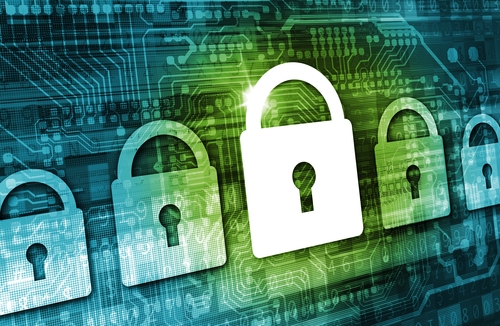Ransomware - How Secure Are Your Personal Memories?
Fast on the heels of the WannaCry ransomware outbreak, a modified version called “Petya” appears to of started in Ukraine and spread throughout the world.
At the heart of all outbreaks is the inability to protect, patch and upgrade systems. Many businesses and state bodies fail to roll-out upgrades for either financial, software computability or user pushback reasons.
Why Consumers Need To Protect Against Ransomware
Many people I speak to don’t protect themselves properly against viruses and ransomware because they think they won’t be targeted. That their pictures and home videos are not valuable enough to the hackers.
So with this mindset, they don’t backup their data or have a poor backup plan in place. They don’t think about ensuring their computers, tablets and mobile phones are patched with the latest security fixes. Worse still, they don’t purchase or deploy basic anti-virus/anti-malware/anti-spam tools or follow basic techniques to protect themselves.
The truth is that the general public is correct that they will not be the initial target of an attack, as there are much more profitable objectives. Unfortunately, the general public is caught up in the outbreak as the ransomware spreads through the internet, using infected company databases, email programs and website to infect secondary targets by default.
What Could Be Lost To Ransomware
- Pictures of your children
- Pictures of your wedding
- Pictures of holidays
- Home Movies
- Important Legal Documents
- Your Business
Cloud Sync Is Not The Solution To Ransomware
There has been an explosion of cloud file synchronisation services over the recent years, from Google Drive, Microsoft OneDrive, Dropbox and Amazon to name a few, the benefits of syncing files to the cloud to be available across all your devices is hugely beneficial.
Why these solutions do not protect you in the event of being infected with Ransomware is because the files that become encrypted on your local machine are also synchronised and sent to the cloud service, overwriting the good clean uninfected file.
So how do we protect personal data from Ransomware
Firstly, evaluate how much your personal data is worth to you. This will give you an understanding of how important your backup needs are.
If you're storing your data on local machines, then backing up regularly to external hard drives and keeping the files offsite, keeping each back-up so you have many recovery points works. The only disadvantage is this process is manual, so is likely to fail as human error is one of the biggest failure points of a backup solution.
Maybe invest in an IT professional to set up an automated backup solution with daily reports of the success of the back-up to a device such as a NAS if you're unable to set-up yourself. This device should also be located away from the house if possible to give an element of offsite back-up in the event of a fire/flood/break-in.
If you use a cloud file synchronisation service, research for a cloud-cloud backup solution. Your need to find a solution that that stores enough copies of your data for your needs and of course your budget.
I’m removing the threat of ransomware from my data
My photo’s, home videos and files are too important to lose. I’m currently using Google Drive as my cloud synchronisation service, with a sync tool transferring data across my machines. As mentioned above, and infection to one machine leaves me liable to lose my data.
My ISP believes that if you use too much bandwidth data, you should run off automatic updates which is deplorable. This makes me question how secure the Internet traffic is coming into my home.
After some research, I’m trialling a product called Backupify from Datto. I have signed up for a 15 day free trial for a service which makes a cloud to cloud copy of my data, keeping an archive of the data so if I get hit by ransomware, I have a recovery point.
And the best thing is, it looks like the service only costs $4 per month – sounds like a great price for piece of mind.
I’ll let you know how the trial goes



